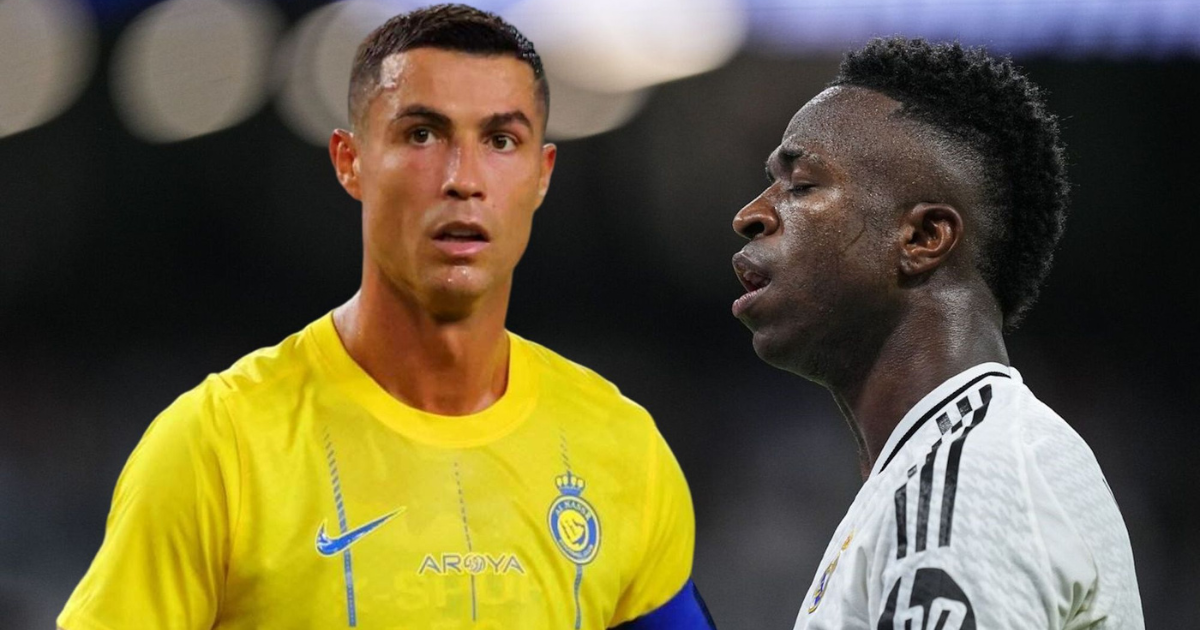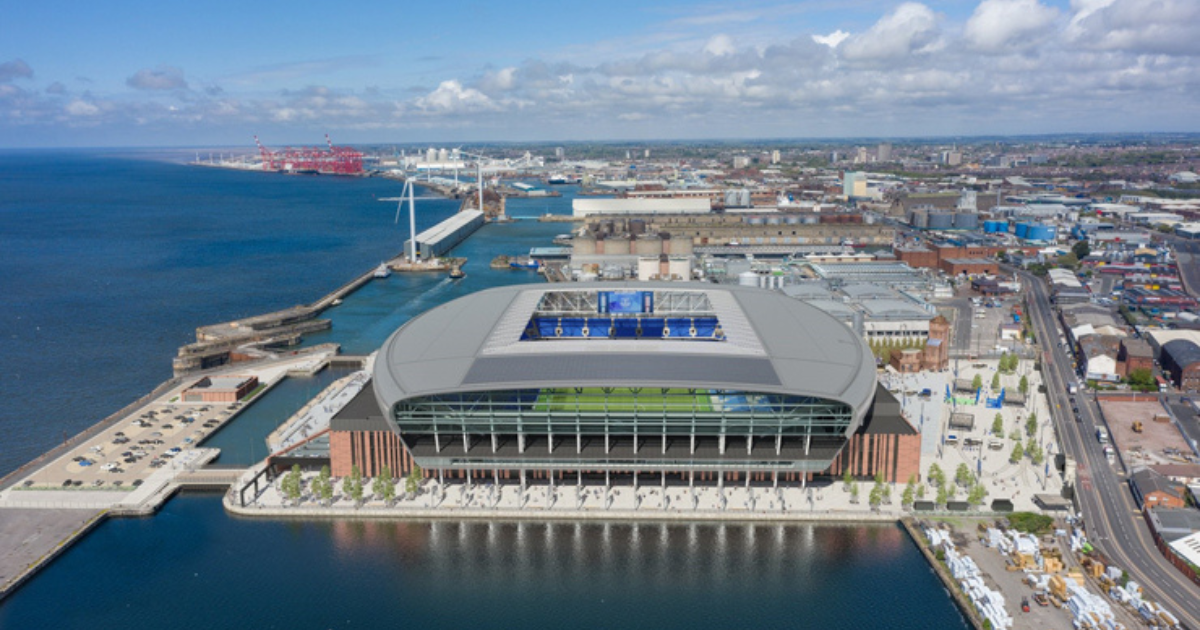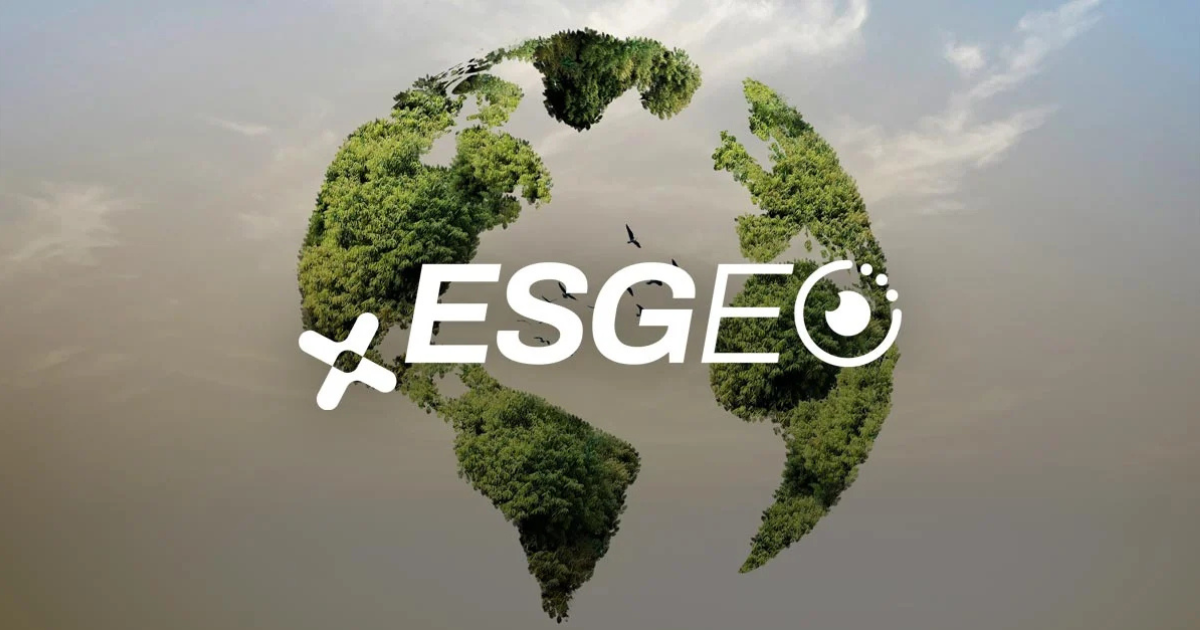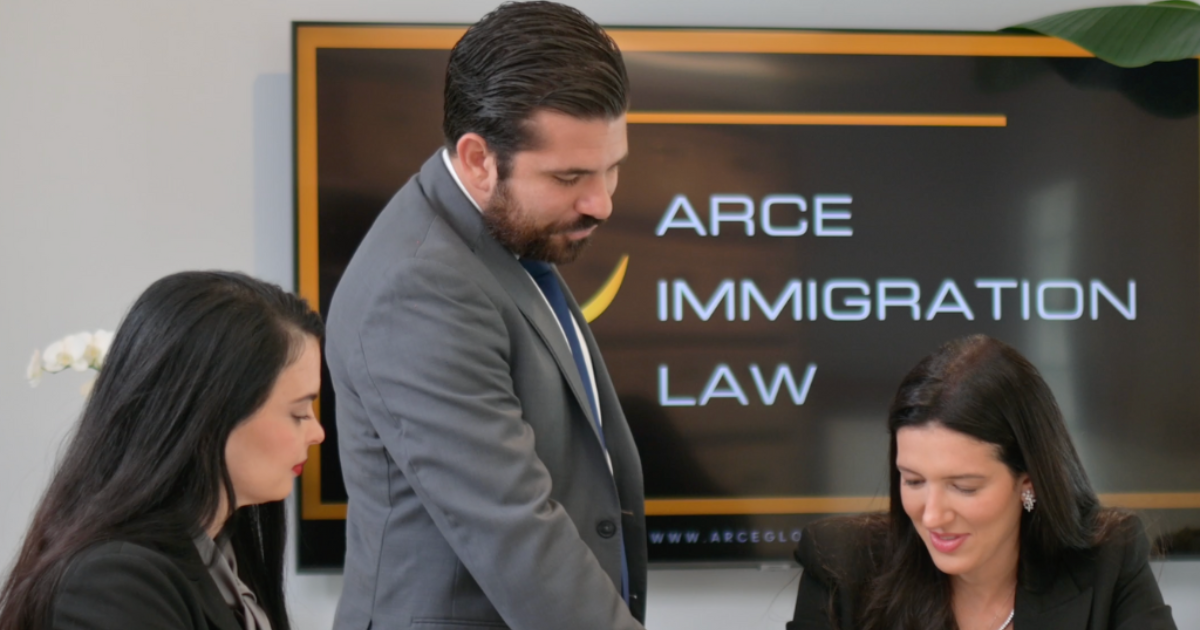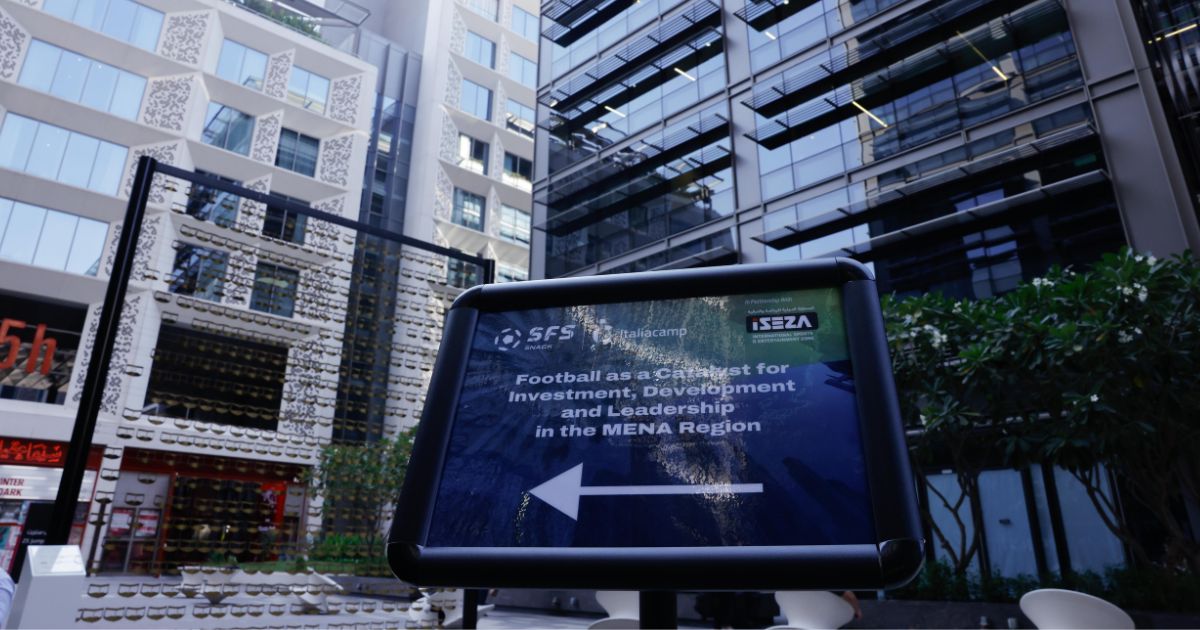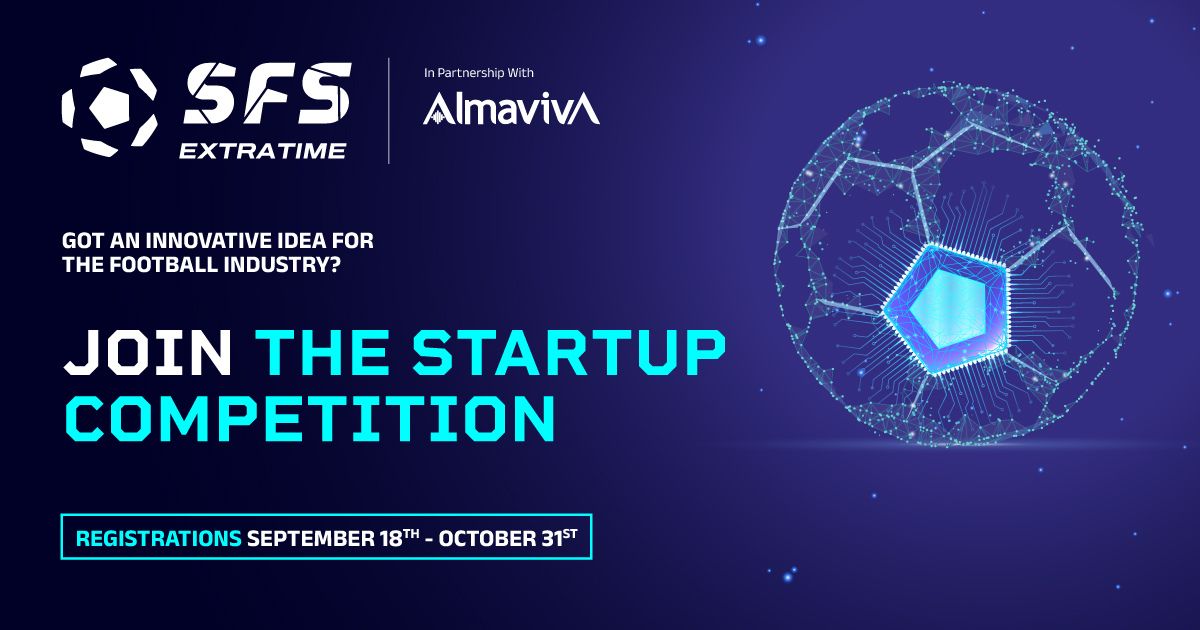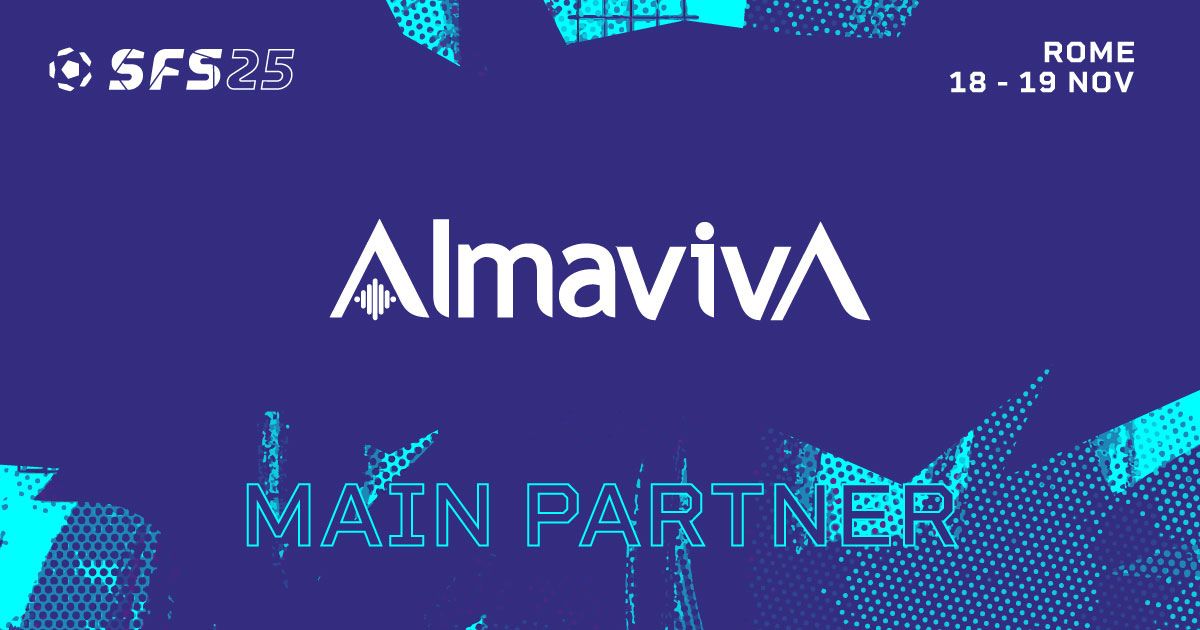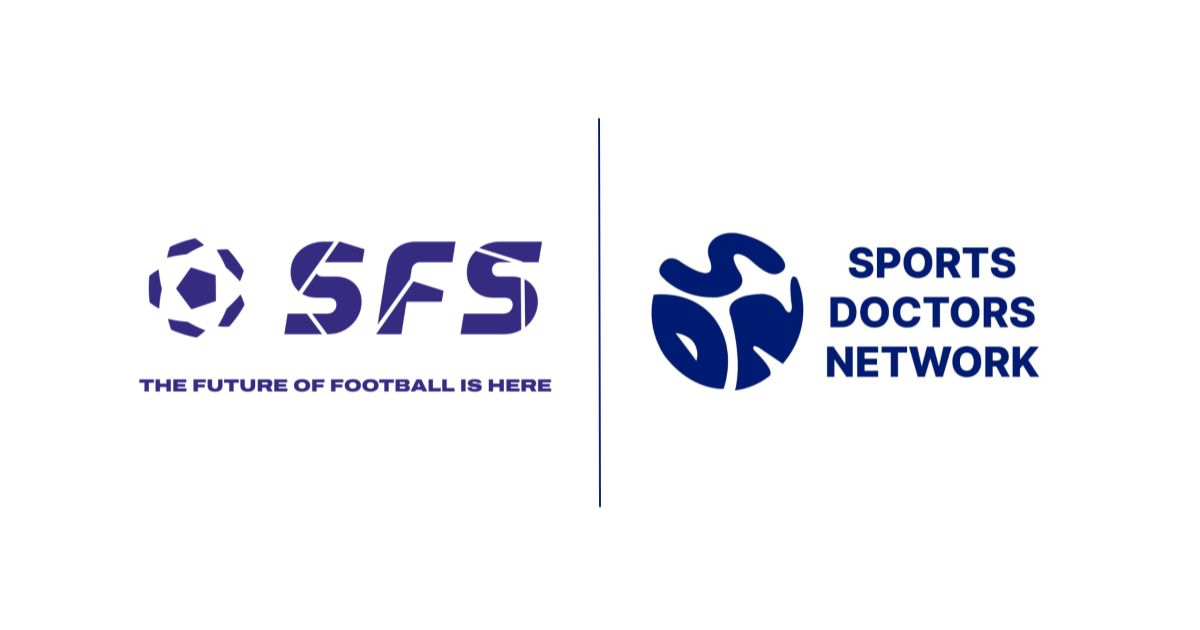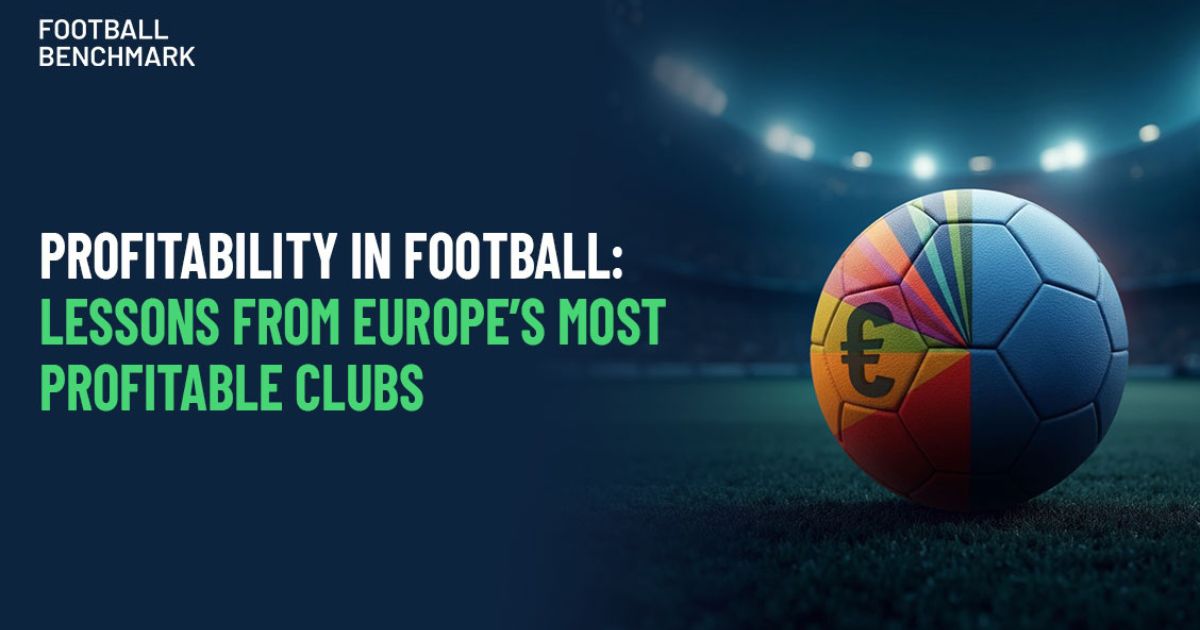Vinicius Jr. leads digital hype with +1.5M fans per month, challenging CR7’s $275M
In the elite soccer of the 2025/2026 season, the referee’s final whistle is but the beginning of a second game, perhaps more complex and certainly more profitable than the one played on the green turf. For those involved in innovation and the sports industry, we are facing an unprecedented metamorphosis: the value of a footballer today is no longer a simple sum of goals and assists, but a complex equation between athletic performance, media clout and the ability to preside over the collective imagination of the new generations.
Heepsy ‘s latest report (November 2025) took a sharp snapshot of this change, revealing a handover that to call “historic” is not journalistic exaggeration, but statistical fact. We are witnessing the rise of Vinicius Jr. to the top of the list of athletes with the most “hype” online. The Real Madrid talent has surpassed global icons of the caliber of Cristiano Ronaldo and Lionel Messi, marking the end of an era and the beginning of a new model of athlete-brand monetization.
The new hierarchy of value: established assets vs. growing assets
To understand the impact of this overtaking, we need to analyze the underlying figures. Although Cristiano Ronaldo continues to dominate the Forbes rankings with stratospheric earnings touching $275 million, his is a wealth that reflects an established success, an empire built over a 20-year career. In contrast, the growth of Vinicius Jr. is explosive and forward-looking: gaining 1.5 million followers on Instagram in just 30 days is not just an exercise in popularity, but an indicator of “attention liquidity.”
For a club or sponsor, such an accelerated rate of growth represents a huge market opportunity. While the value of an icon like CR7 is already widely priced by the market, the rise of Vinicius allows for intercepting emerging trends before they reach their economic peak. This means that sponsorship contracts are no longer signed solely on the basis of the player’s “story,” but on his or her ability to generate immediate and organic conversions in digital streams.
The athlete as content creator: the TikTok model
Soccer continues to exert almost absolute hegemony in the global media landscape, with half of the “Top 10” most influential athletes in the world composed of soccer players. However, the manner in which this influence is exerted has changed dramatically. Tabi Vicuña, founder of Heepsy, highlighted how active participation in the online world is no longer an option, but a vital strategic necessity.
Let’s take Vinicius Jr.’s numbers on the TikTok platform: with 28.3 million fans, the Brazilian not only communicates with Real Madrid fans, but also dialogues with Gen Z through a language of aesthetics, charisma, and personal storytelling. This digital presidium transforms the player into a full-time content creator, capable of unlocking extremely valuable economic assets that go far beyond the traditional technical sponsorship contract. Their lives are discussed, analyzed and consumed as much as those of Hollywood actors or international pop stars, making soccer the universal language of contemporary sports marketing.
Cross-media impact and the challenge of Formula 1
Although soccer remains the main “magnet” for collective attention, the industry needs to look around. The Heepsy report shows how other disciplines are learning to manage hype with surgical effectiveness. The case of Max Verstappen is emblematic: the Formula 1 driver is capable of generating massive mainstream news coverage, with 1.1 million mentions, combining this with millions of social media posts.
This shows that the real strength of a sports brand today lies in its cross-media nature. A soccer player who only dominates the field is an incomplete asset. A soccer player who dominates only social media risks being a meteor. The key to economic success in 2026 lies in the ability to merge the two worlds, making each match a transmedia event that generates millions of hashtags and, as a result, millions of dollars in visibility and sales.
Why hype is the new compass of the Football Industry
For those who work in the business of soccer and participate in innovation forums such as the Social Football Summit, these analyses are not simply statistical curiosities. These are key strategic compasses for anticipating the market. Data reveal that current digital engagement is the best predictor of a club’s financial health in the medium to long term.
Dominating the digital space means building the fan (and thus consumer) base of the next decade. If a young fan from Jakarta or São Paulo chooses to follow Real Madrid, it is not just because of the trophies won in the last century, but because he sees Vinicius Jr. dancing on TikTok or defending social causes on Instagram. Digital hype is, for all intents and purposes, as valuable a currency as the trophies on the trophy case.
In conclusion, the evolution of fan engagement tells us that modern soccer has stopped being an industry of products (tickets, jerseys) to become an industry of relationships and relevance. Staying relevant in the endless streaming of fans’ digital lives is the real challenge. Those who, like Vinicius Jr. manage to ride this wave not only win on the field, but rewrite the economic rules of a sport that never stops evolving.
The Economics of Attention: Why digital hype is the new currency of Football
Vinicius Jr. leads digital hype with +1.5M fans per month, challenging CR7's $275M In the elite soccer of the 2025/2026 season, the referee's final whistle is but the beginning of a second game, perhaps more complex and certainly more profitable than the one played on the green turf. For those involved in innovation and the sports industry, we are facing an unprecedented metamorphosis: the value of a footballer today is no longer a simple sum of goals and assists, but a
Sustainable Stadiums in Football: How Clubs and Designers Are Making an Impact
Sustainability is no longer an afterthought in football: it’s becoming part of the very blueprint of how clubs, architects, and communities think about stadiums. At a recent panel, representatives from Populous, Fulham FC, and Everton FC shared how they are translating ambition into action. Populous, the global design company behind many modern stadiums, explained how environmentally responsible design starts at the very foundation. From energy-efficient systems to sustainable materials, the goal is to create venues that not only reduce carbon impact
Stefano Maneri, ESGeo: “Italian Football is chasing, but sustainability can be the lever that wins the championship!”
In view of SFS 25, we interviewed Stefano Maneri, Senior ESG Advisor at ESGEO (Avvale Group), a key player in sustainability consulting and digital governance. In this exclusive interview, Maneri clarifies how the ESG approach must move beyond the logic of a mere “constraint” to become a driver of business and innovation for sports clubs. He analyzes the challenges facing Italian football, the regulatory and cultural gap compared to leagues like the Premier League, and the strategic importance of having
GG TEAMWEAR at SFS 25: sustainable sportswear supplies, strategic quality, and social commitment
GG TEAMWEAR, operational since 1998 and specializing in technical-sportswear supplies for clubs, teams, and academies, presents itself at SFS 25 as a reference point for sustainable innovation in the teamwear supply chain. The company, which boasts the exclusive representation in Italy and Europe of top global brands in the segment, including Nike, Adidas, Joma, Puma, and Kappa, brings its vision to Turin: to support every club, from youth sectors to professionalism, treating every sporting reality as a true "Pro Club."
Global talent and innovation: Arce Immigration Law’s migration strategy for US sports
In anticipation of their participation in SFS 25, we interviewed Giorgio Polacco, partner and representative of Arce Immigration Law, a firm specializing in immigration assistance for professionals, athletes, and technical staff looking to work in the US market. In this conversation, Polacco illustrates the crucial role of "Global Talent Mobility" and how strategic immigration consulting—focused particularly on Extraordinary Ability visas (O-1/EB-1)—is not just a legal necessity, but a true driver of growth, innovation, and stability for clubs and leagues. This
DUBAI HOSTS SUCCESSFUL EDITION OF SFS SNACK: FOOTBALL AS A DRIVER OF GROWTH AND LEADERSHIP IN MENA
Social Football Summit (SFS) and Italiacamp EMEA, in partnership with the International Sports & Entertainment Zone (ISEZA), successfully hosted SFS Snack Dubai on 29 September 2025, gathering institutions, leagues, clubs, companies, and football legends to discuss how football can act as a catalyst for investment, development and leadership across the MENA region. The conference, held at ISEZA – One Central, Dubai World Trade Centre, featured a rich agenda with panels on destination marketing, the growth of leagues, football’s challenges and opportunities, innovation in broadcasting, and inspiring leadership stories from
SFS EXTRA TIME 2025 kicks off: soccer innovation startup competition
In partnership with Almaviva - final stage on Nov. 18, 2025, Allianz Stadium, Turin, Italy Social Football Summit officially launches SFS EXTRATIME 2025, the startup competition dedicated to innovation in the soccer and sports industry, created in partnership with Almaviva, an Italian leader in digital transformation. The challenge, now in its new edition, will be held as part of the8th edition of SFS - Social Football Summit, scheduled for Nov. 18 and 19, 2025 at the Allianz Stadium in Turin, offering startups
Driving innovation in football: Almaviva confirms partnership with SFS 25
Almaviva confirms its role as Main Partner of SFS 25, renewing its support for the event and the startup competition SFS Extratime. A partnership that reinforces the joint commitment to digital innovation and sustainability in the football industry.
Sports Doctor Network. Sustainability and innovation in the service of sports medicine
This morning, in the beautiful setting of the Olympic Stadium, the event dedicated to sports medicine organized by Sports Doctor Network was held, with SFS active in the role of partner. The panel sessions, which also extended throughout the day, revolved around the theme of innovation and dissemination of best practices in protecting the health of athletes, in order to enhance scientific expertise and direct testimony from Europe's leading soccer clubs. Indeed, the range of speakers who took turns on the
Profitability in football: Lessons from Europe’s most profitable clubs
Article written by Football Benchmark European club football has enjoyed strong revenue growth over the past decades, driven by expanding competitions, internationalisation, and commercial innovation. Yet recent years have tested this trajectory. The COVID-19 pandemic disrupted operations, while ongoing shifts in the media landscape continue to put pressure on historically reliable income streams. In parallel, regulatory frameworks have increasingly prioritised financial sustainability, reshaping the operating environment for clubs across the continent. Despite rising revenues, there remains a widespread perception that football



